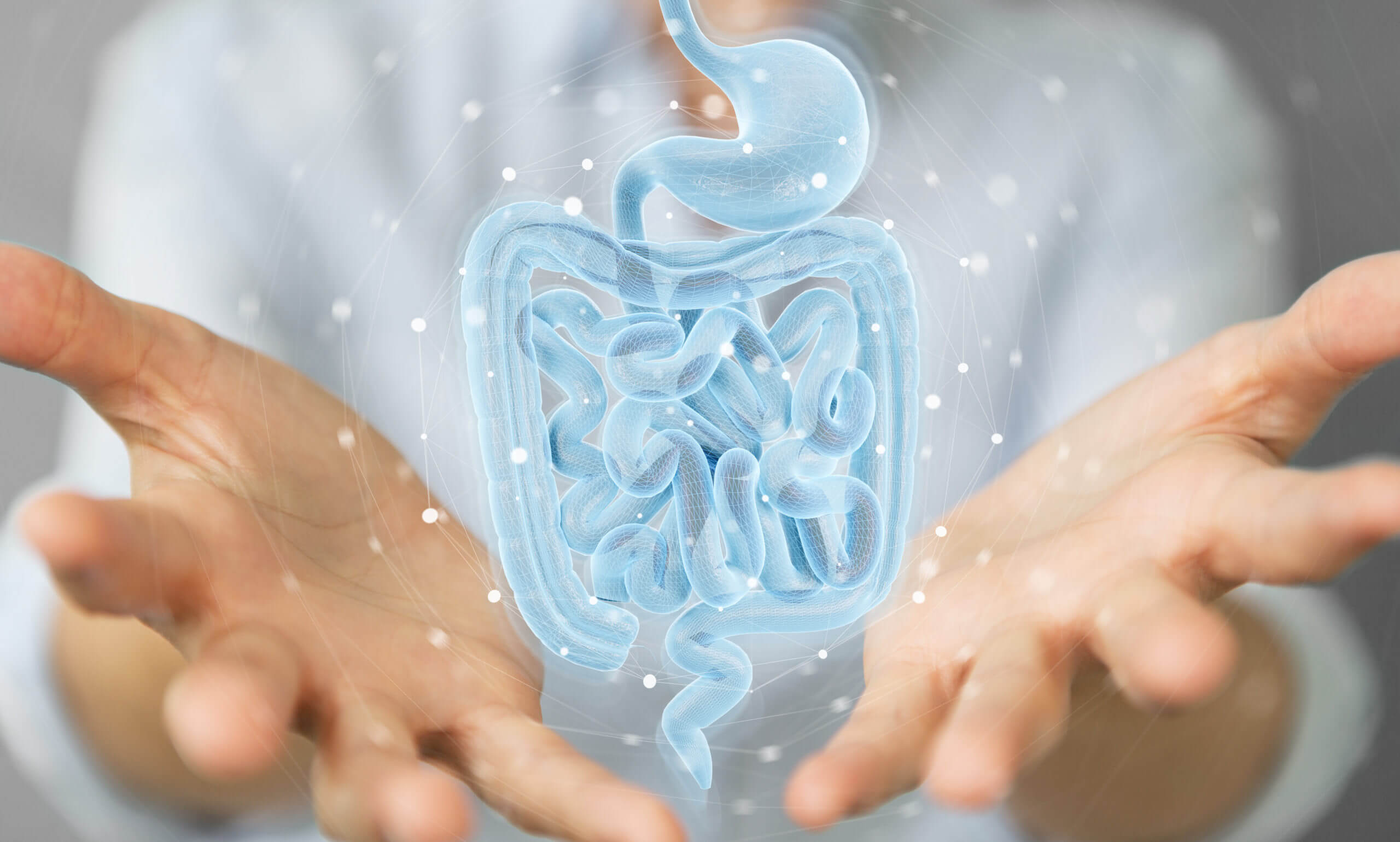Rockefeller University researchers have delved into the intestines, examining the lymphatics within them that help improve intestinal recovery and regeneration. They were able to find that the lymphatic capillaries, which are fine vessels that transport immune cells and drain tissue fluids, represent a signaling center that communicates with stem cells to regulate activity.
The team was fascinated by this area of research because when there is a miscommunication among intestinal components, it disrupts the body’s normal and necessary mechanisms for optimal health. This may subsequently lead to dysregulation, specifically leading to gut-related disorders like inflammatory bowel disease (IBD).
“The key to treating these diseases will be to figure out who talks to whom in this ecosystem and how we can reset the communication networks,” says Rachel Niec, a clinical scholar in the laboratory of Elaine Fuchs.
The intestinal stem cells of interest reside in crypts, which are found at the base of the intestinal lining. The stem cells may renew and remain in the crypt, or change and migrate out of the crypt to restore the gut lining. “To understand how stem cells balance self-renewal with differentiation, we needed a more complete picture of crypt niches,” says Marina Schernthanner, a graduate student in the Fuchs lab.
To examine this, the team used several different techniques, mainly including the study of RNA transcripts, which allowed them to discover cell types at specific locations and study the molecules that allow them to signal to each other. The results showed that lymphatic capillaries, which form a tight-knit connection with the crypt-based stem cells, produce several proteins that are important for overall stem cell function.
A previously overlook protein called REELIN surfaced as being an important component when it come to mediating lymphatic and stem cell communication. By manipulating the amount of this protein in lab-grown intestinal organ cultures in some experiments and genetically suppressing it in mice in other ones, the team found that REELIN oversees and dictates the regenerative tendencies of intestinal stem cells.
The intestinal lymphatic system and the role it plays in stem cell activity is an area that requires much more attention and study, the researchers firmly believe. In addition to gut disorders, a previous study by the Fuchs lab has shown that this lymphatic-stem cell relationship even plays a potentially significant role in skin and hair health. This means that the relationship could be a key factor in addressing the needs of different tissues in the body, addressing health concerns beyond just those in the gut.
The study is published in the journal Cell Stem Cell.
